‘I’m tempted to say Timothee Chalamet has a better singing voice than Bob Dylan’
Every time Timothee Chalamet sang one of Dylan’s songs I had the urge to clap and cheer for what is a 10-star performance.
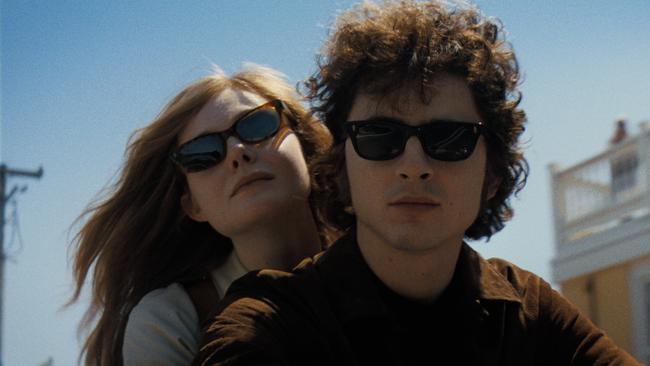
A Complete Unknown (M)
Five Stars
140 minutes
In cinemas January 23
After seeing the Bob Dylan drama A Complete Unknown, I pondered if there was any reason not to give it five stars. I couldn’t think of one. It’s five stars of pure entertainment underpinned by a 10-star performance by Timothee Chalamet, who plays Dylan.
Every time Chalamet sang one of Dylan’s songs I had the urge to clap and cheer, which is so unlike me because it’s a motion picture and the actors aren’t there to receive the applause.
I’ve seen the three performances I think will fight out best actor at the Oscars – Chalamet, Adrien Brody in The Brutalist and Ralph Fiennes in Conclave – and, while each is superb, my vote would go to Chalamet. The Academy Award nominations, postponed because of the Los Angeles fires, are due to be announced on January 23, US time.
Chalamet is backed by chart-topping performances by the supporting cast: Edward Norton as folk music legend and Dylan mentor Pete Seeger; Elle Fanning as Dylan’s girlfriend Sylvie Russo (a fictional name reportedly at Dylan’s request); Monica Barbaro as Dylan’s collaborator and lover Joan Baez; and Boyd Holbrook as the one and only Johnny Cash.
Every scene involving Cash is a highlight. They are hilarious and a reminder that at this point, the early 1960s, when the outlaw walked into a room everyone noticed. Wait for the moment where he has to move his car to let the almost obsequious Dylan access his motorbike.
The man in black also provides a link to the director, James Mangold, who also directed the 2003 Johnny Cash biopic Walk the Line, starring Joaquin Phoenix and Reese Witherspoon. Mangold co-wrote the film under review with Jay Cocks, who wrote the Cole Porter biopic De-Lovely, starring Kevin Kline. So there is a lot of talent behind the camera and it shows.
A Complete Unknown is not a biopic. It covers about five years in Dylan’s life, from the time he arrived in New York City, aged 20, until the 1965 Newport Folk Festival, where he caused a stir by using an electric guitar.
The source material is Elijah Wald’s 2015 book Dylan Goes Electric! Newport, Seeger, Dylan, and the Night That Split the Sixties. This pivotal moment in Dylan’s career, and the music world in general, is the culmination of the film. The two-hour-plus exploration of how and why this happened is fascinating and engrossing. When the 140 minutes came to an end, I happily would have stayed seated for the next chapter.
At the centre is the enigmatic Dylan. As I watched it took about two minutes to stop seeing Chalamet and start seeing the young Dylan. He has the nonchalant posture, the tousled hair, the Huck Finn cap and the self-belief in his genius. Yes, Chalamet doesn’t have blue eyes, as some people have complained, but I think we can live with that.
The young Dylan is evasive, elusive, arrogant and vulnerable. “Are you God, Bob?” Baez asks him. “How many times do I have to say this?” he replies. “Yes.” Above all he refuses to be owned and labelled – by music executives or by girlfriends – and is determined to be who he wants to be. “You want me singing Blowin’ in the Wind all alone for the rest of my life,” he responds when there is unhappiness at his shift from folk music.
I think the choice of title, taken from Dylan’s song Like a Rolling Stone, reflects both the fact that he was unknown when he arrived in NYC and that he wanted to remain unknowable and changeable as an artist.
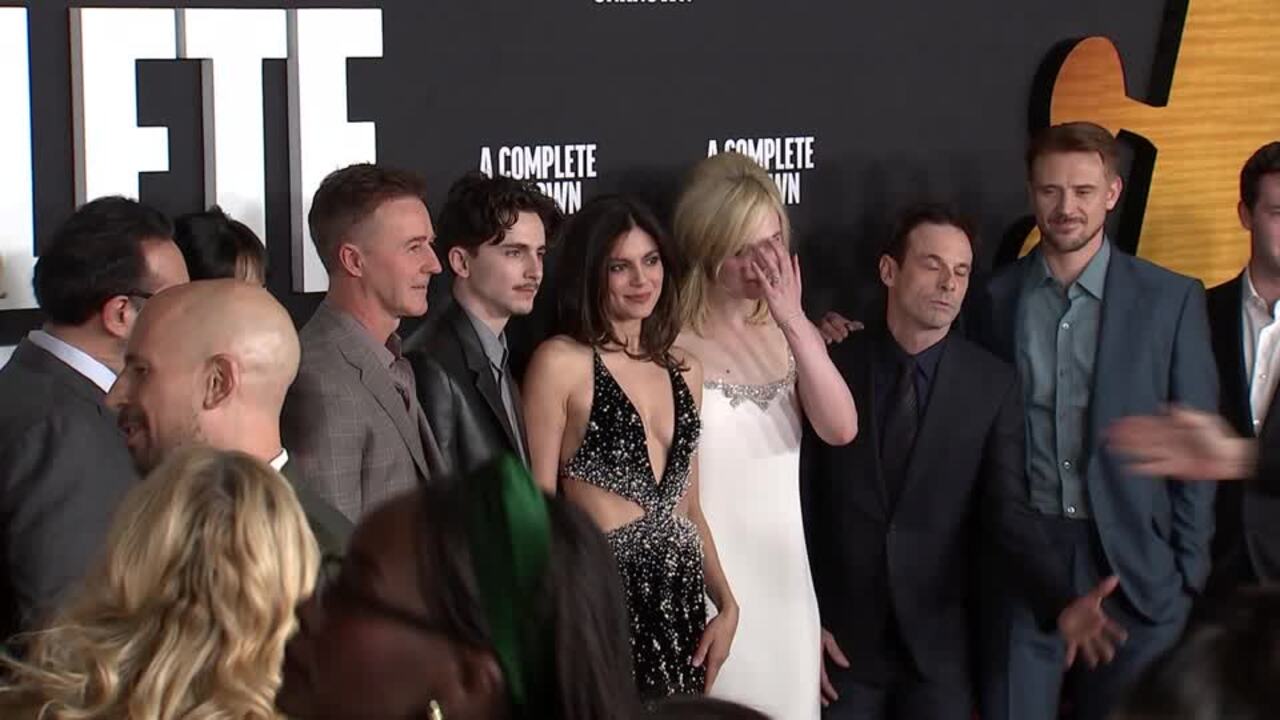
Dylan’s rapid rise to fame is another important theme, one in which Russo is the emotional centre. She is not a musician, not part of that world, can’t sing on stage beside her boyfriend. There are poignant moments where she watches him, from the wings, with tears in her eyes, especially when he’s sharing the mic with Baez.
In the sense of their relationship, and throughout the film, the placement of the songs is perfect, such as when Dylan is working on Blowin’ in the Wind and Baez, beside him on the bed, joins in and they sing it together.
Chalamet sing the songs himself. I am tempted to say he has a better singing voice than Dylan, just to ruffle the Bobcats, but I won’t. In that vein I suspect this film will have a polarising effect.
People who like Dylan’s songs but aren’t diehard fans, such as this reviewer, will enjoy it. Others will note factual inaccuracies/uncertainties related to Dylan himself and the 1960s in general.
I saw one reviewer complain that Dylan isn’t shown supplying the Beatles with dope. He may have done so, but that doesn’t mean it has to be in this film. It is not a documentary but an artistic interpretation of a part of Dylan’s life, so creative licence is allowed.
When Dylan admits to Cash that he’s worried his backers, such as Seeger, will think he is a-changin’ the times too quickly, too dramatically, Cash tells him: “F..k them. I want to hear it.”
As it turned out, on that score Cash did not walk alone.


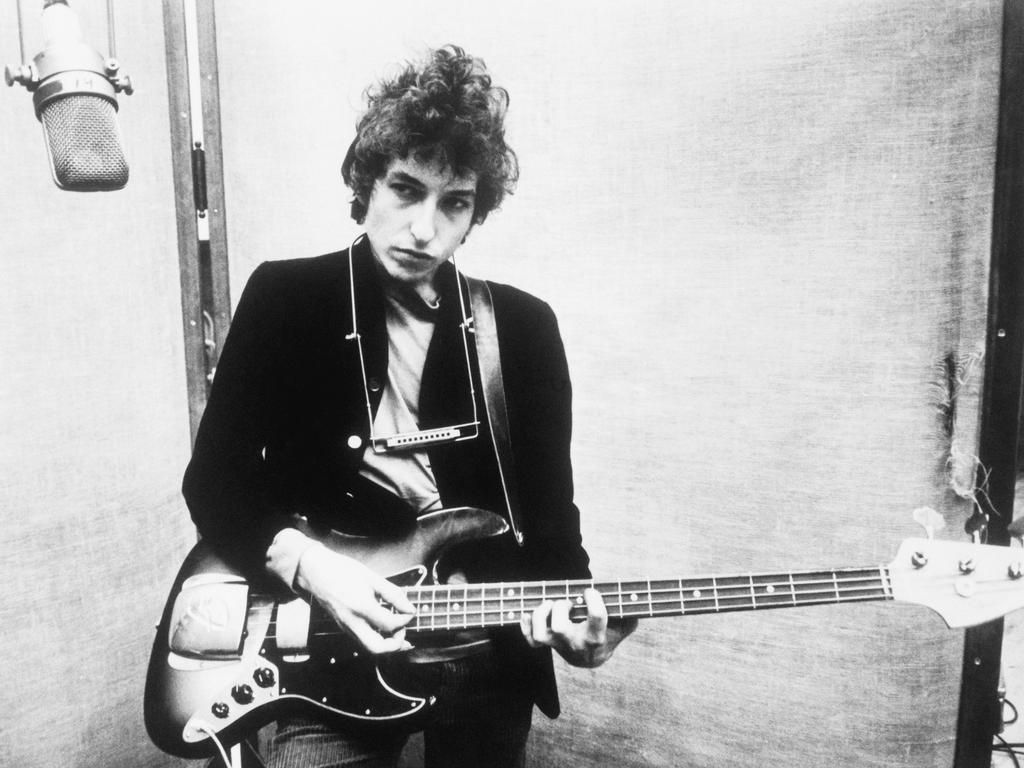
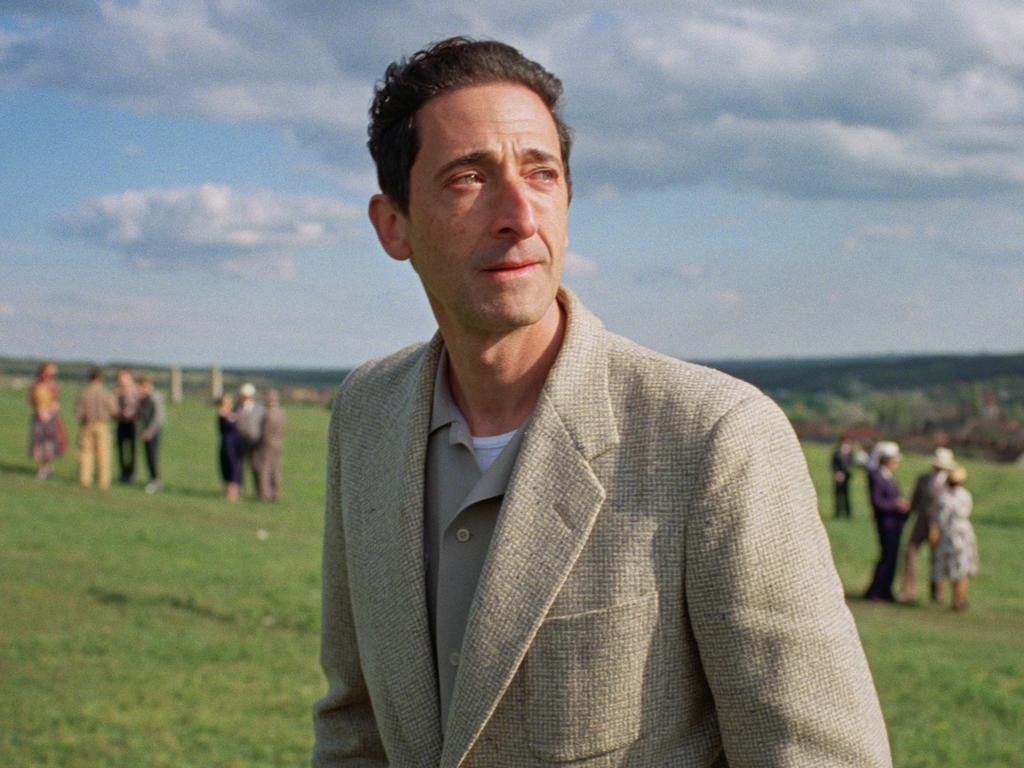
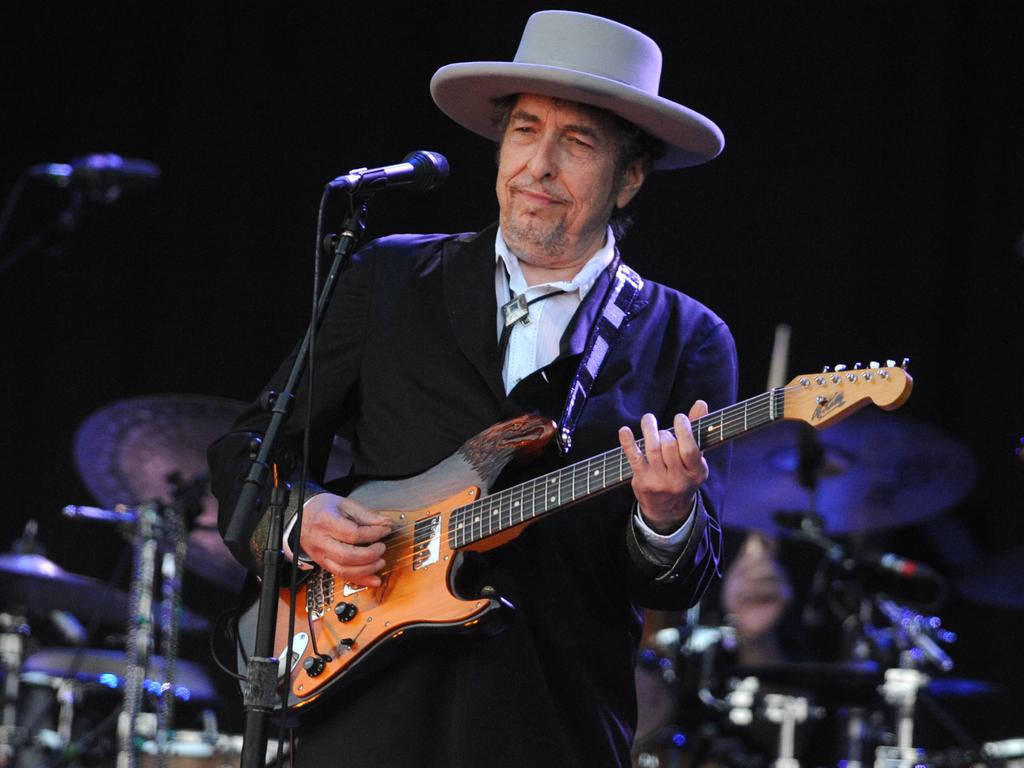
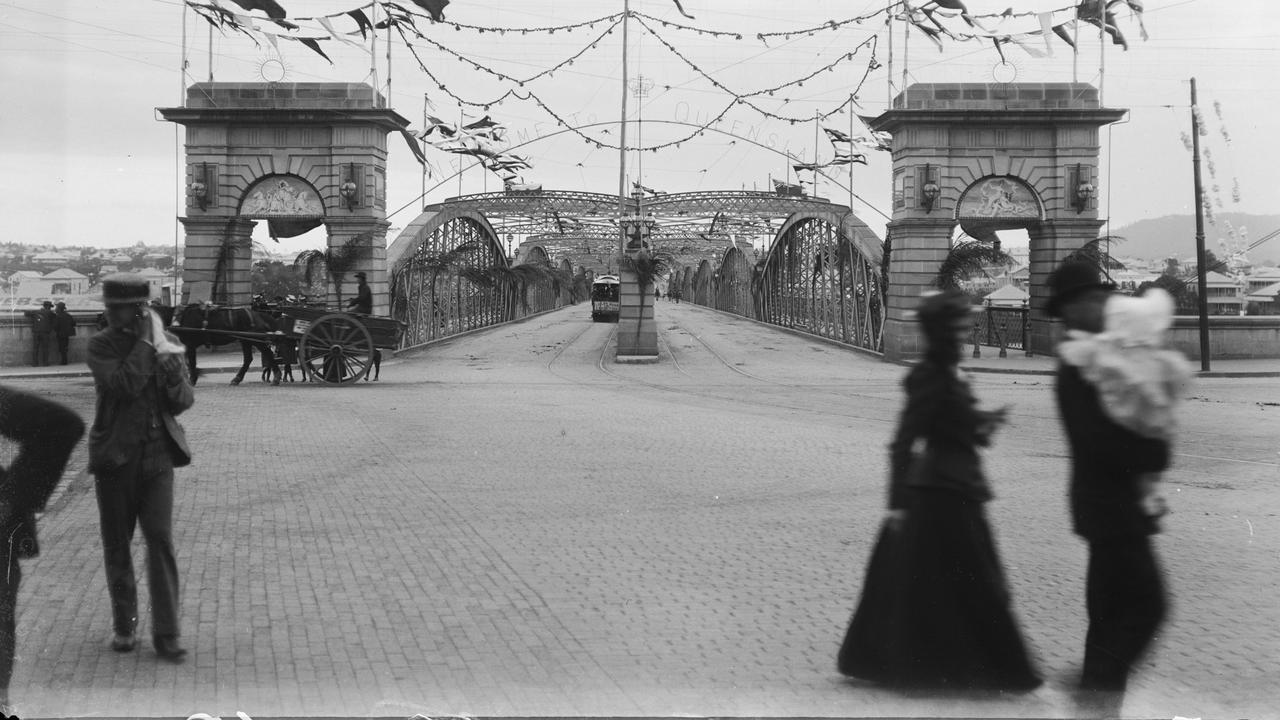
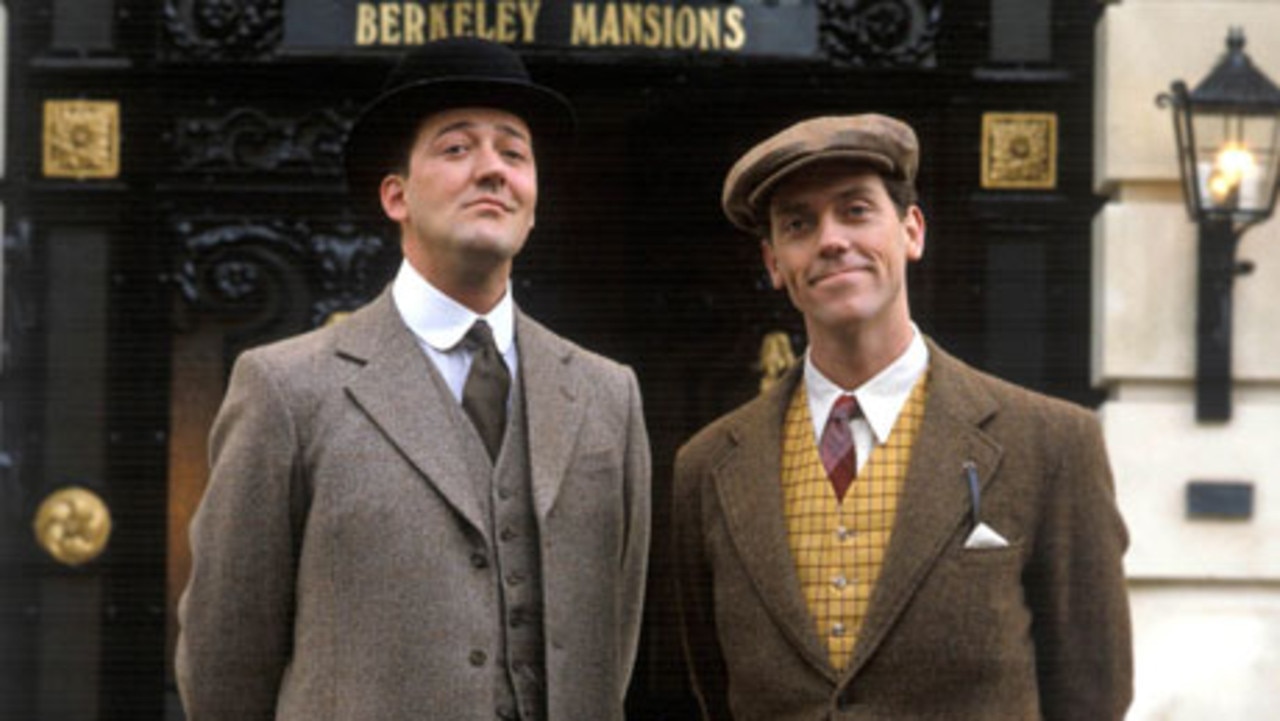
To join the conversation, please log in. Don't have an account? Register
Join the conversation, you are commenting as Logout